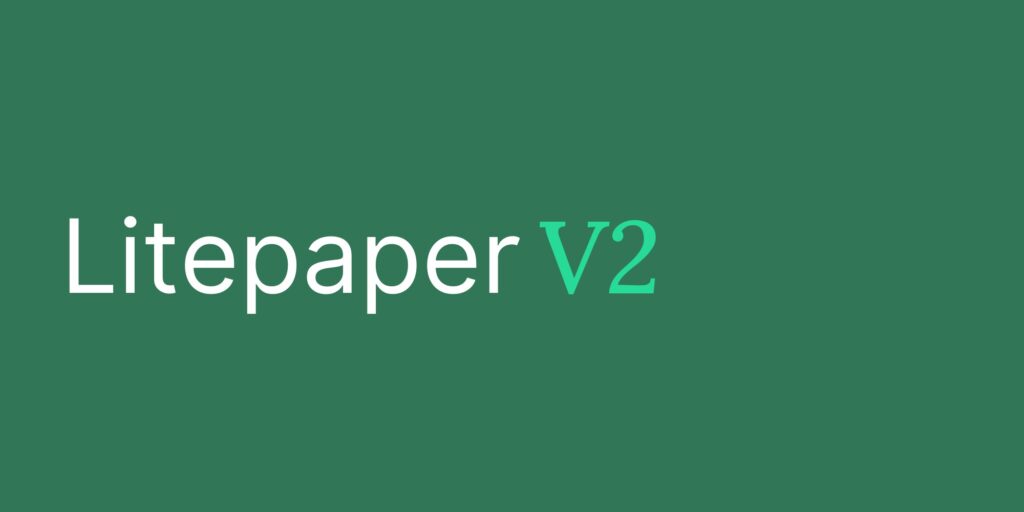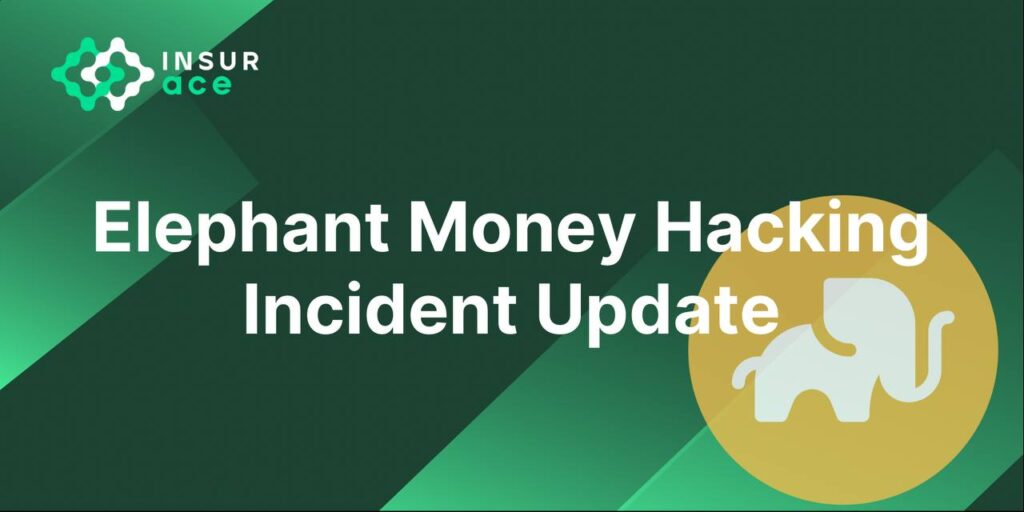Understanding DeFi: A Brief Overview
DeFi, a blockchain-based form of finance, eliminates intermediaries from financial transactions, offering a transparent and open-source alternative to traditional banking systems. It provides a plethora of services, from lending and borrowing to insurance, that are gaining global popularity.
The goal is to eliminate the need for intermediaries like banks or brokers in financial transactions. DeFi platforms aim to create an open, permissionless, and highly interoperable financial system. By using smart contracts, DeFi platforms automate complex financial transactions, from simple transfers and loan issuance to complex derivative contracts. This innovation provides users with greater control over their assets, often promising higher returns than traditional finance. However, it also presents unique challenges, such as increased risks related to smart contract vulnerabilities, regulatory scrutiny, and the need for clear user protections. As such, the growth and success of DeFi hinge on the industry’s ability to balance technological innovation with regulations and user safety.
Global Regulations in 2023
With the meteoric rise of DeFi, regulators worldwide are grappling with how to handle this disruptive force. In 2023, we’ve seen more countries taking steps to understand and potentially regulate DeFi, from the U.S. to Europe and Asia.
The path forward for DeFi will be heavily influenced by decisions made in the coming years. The recent Terra-Luna crash serves as a poignant reminder of the dire need for increased clarity within the DeFi industry. In the near future, the sector must strive towards establishing a transparent and secure growth trajectory, while concurrently ensuring sufficient levels of investor protection.
As the licensing authority for crypto firms in France, the AMF plays a pivotal role in shaping the DeFi regulatory landscape. If implemented correctly, these proposed regulations will allow DeFi to continue its innovative journey, while ensuring user safety remains paramount.
The proposal of new rules by the U.S. Securities and Exchange Commission (SEC) to potentially categorize various blockchain protocols as regulated securities exchanges in the U.S. exemplifies the increasing regulatory scrutiny DeFi is facing. Launched in April, this proposed set of rules aims to regulate the DeFi space but has stirred worry within the crypto community due to the potential implications it holds for the sector.
The central problem arises from the SEC’s attempt to classify blockchain protocols as regulated exchanges. This approach contradicts the Exchange Act of 1934 and existing exchange regulations, raising questions about its practical application and consequences. The proposal leaves significant gray areas, such as the definition of significant token ownership or the regulatory responsibilities a service provider might bear. Additionally, it overlooks the requirement of collective action to qualify as an exchange under current law.
Despite the draft proposal in 2023, these fundamental issues persist, leaving stakeholders in the lurch about their regulatory obligations and facing potential penalties for misinterpretations.
The proposed rules could have far-reaching impacts, potentially stifling the development of open-source software and placing an undue burden on ordinary individuals participating in the DeFi ecosystem. It also opens up a debate about the regulation of code as speech, with potential implications for technological creativity and expression.
Such regulations could discourage innovation, a sentiment echoed by opponents like SEC Commissioner Hester Peirce, who accuses the commission of promoting stagnation. The SEC’s proposal seems to overstate the benefits of expanded regulatory oversight while underestimating the number of blockchain protocols affected and the burden imposed on ecosystem participants.
However, the regulatory landscape remains a complex patchwork, reflecting the nascent state of DeFi.
Fears in the DeFi Community: Why Regulation is Seen as a Threat
DeFi enthusiasts fear regulations could stifle the sector’s innovation and limit its core principle of decentralization. Some worry about potential restrictions on smart contracts, while others fear that KYC (Know Your Customer) requirements could limit access to DeFi services.
Another common concern is that some people in developing countries, may not be able to easily get hold of the necessary IDs, stopping them from using DeFi services. In a way, defeating the core purpose of crypto- gives people alternative ways to manage assets.
The crypto community has been grappling with the dual challenge of preventing the misuse of cryptocurrencies for illicit purposes while remaining faithful to its core principles of privacy and decentralization. It’s a commonly acknowledged fact that Know Your Customer (KYC) protocols have a low efficacy rate, and traditional banking channels continue to be a major conduit for financial crime despite these measures.
Reference List
Ebenzer, Kurt. “Defi and Offshore Trading Increase in Reaction to Regulation: Report: Coindesk Japan: Coindesk Japan.” Our Bitcoin News, 13 Feb. 2023, http://ourbitcoinnews.com/defi-and-offshore-trading-increase-in-reaction-to-regulation-report-coindesk-japan-coindesk-japan/ .
Ghosh, Monika. “French Regulator Calls for Global Coordination on ‘Same Risk, Same Regulation’ Policy for Defi.” CryptoSlate, 19 June 2023, http://cryptoslate.com/french-regulator-calls-for-global-coordination-and-same-risk-same-regulation-for-defi/ .
Jafri, Assad. “UNISWAP Founder Calls Us’ Approach to Regulating Crypto ‘Sad and Unfortunate.’” CryptoSlate, 20 June 2023, http://cryptoslate.com/uniswap-founder-calls-us-approach-to-regulating-crypto-sad-and-unfortunate/ .


